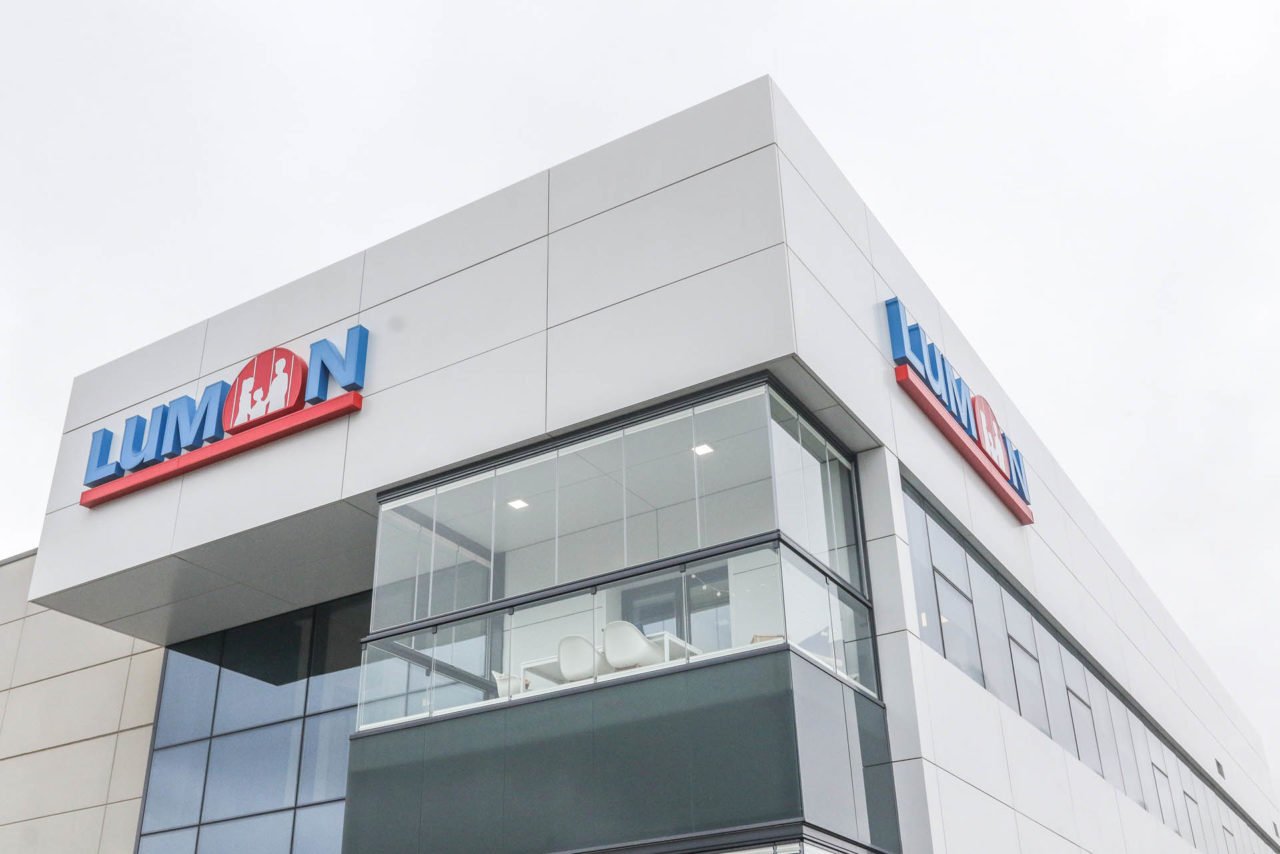
Technical Certifications
At Lumon, we place a strong emphasis on research and development to ensure our balcony glazing solutions are at the forefront of innovation and efficiency. Our dedicated team of experts meticulously studies and tests every aspect of our products, from thermal insulation and noise reduction to durability and environmental impact. We collaborate with leading universities and research institutions, drawing on the latest scientific advancements and real-world data to continuously improve our offerings.
Our commitment to research is evident in our extensive portfolio of certifications and studies.
CCMC Approved for Excellence
Lumon’s glazing systems have been proudly CCMC approved since 2012, adhering to the strict guidelines of the National Building Code of Canada (NBCC). This approval demonstrates Lumon’s commitment to providing high-quality, durable, and safe glazing solutions that meet rigorous Canadian standards for performance and safety.
For more information about CCMC’s Canadian code compliance evaluation process and Lumon’s continued compliance with these standards, you can read further details on the official CCMC website.
Ontario Approves Lumon Glazing as Code-Compliant Alternative Solution
The Ontario Ministry of Municipal Affairs and Housing has granted Lumon’s glazing system a Ministerial Ruling as an alternative solution under the Building Code. This designation, awarded to innovative products not directly covered by the standard code, confirms through engineering reviews and testing that Lumon meets or exceeds traditional performance standards.
Issued on April 29, 2024, the ruling number is 24-01-375 (13640-R) with application number MR 2023-07. This aligns with Lumon’s CCMC Canadian Code Compliance Evaluation No. CCMC 13640-R.
Reduce Energy Costs by up to 16%
Balcony glazing can significantly reduce heating energy costs by providing additional thermal insulation and protection against extreme weather, helping to keep homes warmer in winter and cooler in summer. Research in Europe shows that balcony glazing typically lowers heating energy consumption by 2% to 16%.
For more details, a calculation formula is provided in the dissertation, starting on page 251.
Source: Hilliaho, Kimmo. (2017). Energy Saving Potential and Interior Temperatures of Glazed Spaces: Evaluation through Measurements and Simulations (p. 251-258). Tampere University of Technology. Publication 1480.
Noise Reduction – Up to 20dB
Balcony glazing can significantly reduce both outdoor noise on the balcony and sound entering an apartment. Our standard balcony glazing and railing solution provides up to 20 decibels of noise reduction, which effectively cuts the perceived noise in half.
This level of noise reduction can be particularly beneficial in urban environments or near busy streets where traffic, construction, and other external noises are constant. By creating a sound barrier, balcony glazing allows residents to enjoy a quieter, more peaceful indoor-outdoor space.
Source: Kananen, Anttoni. (2015). Designing balcony glazing’s sound insulation based on laboratory measurements. Master’s Thesis in Finnish.
95% Recyclable Material
Glass and aluminum are recyclable materials. It’s estimated that the carbon dioxide emissions from manufacturing, transporting, and installing our glazing products are offset within an average of 3 years and 4 months in buildings using non-carbon-neutral energy. This quick payback is due to the energy efficiency and protective benefits our glazing provides.
This calculation is based on the material composition: 95% glass and aluminum.
Source: Environmental Product Declaration: Lumon Balcony, Façade, and Terrace Products – Modular Product Group EPD.